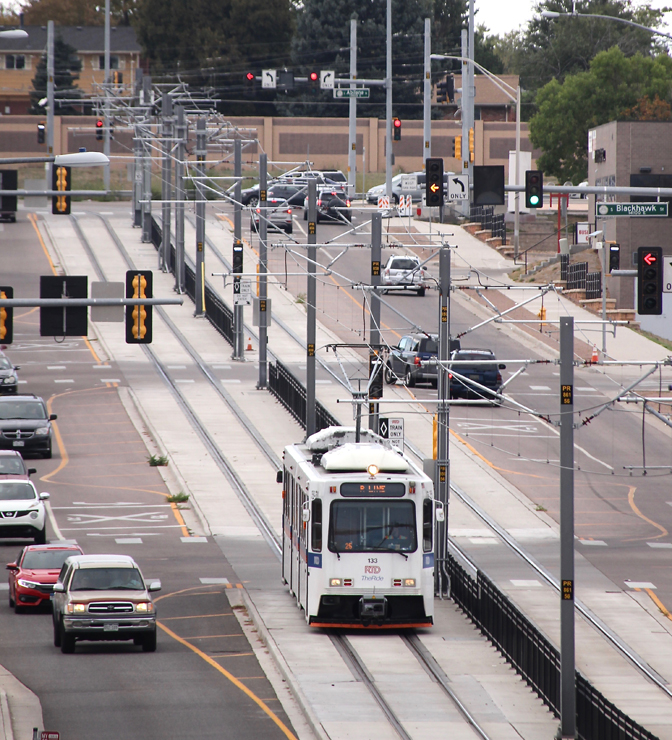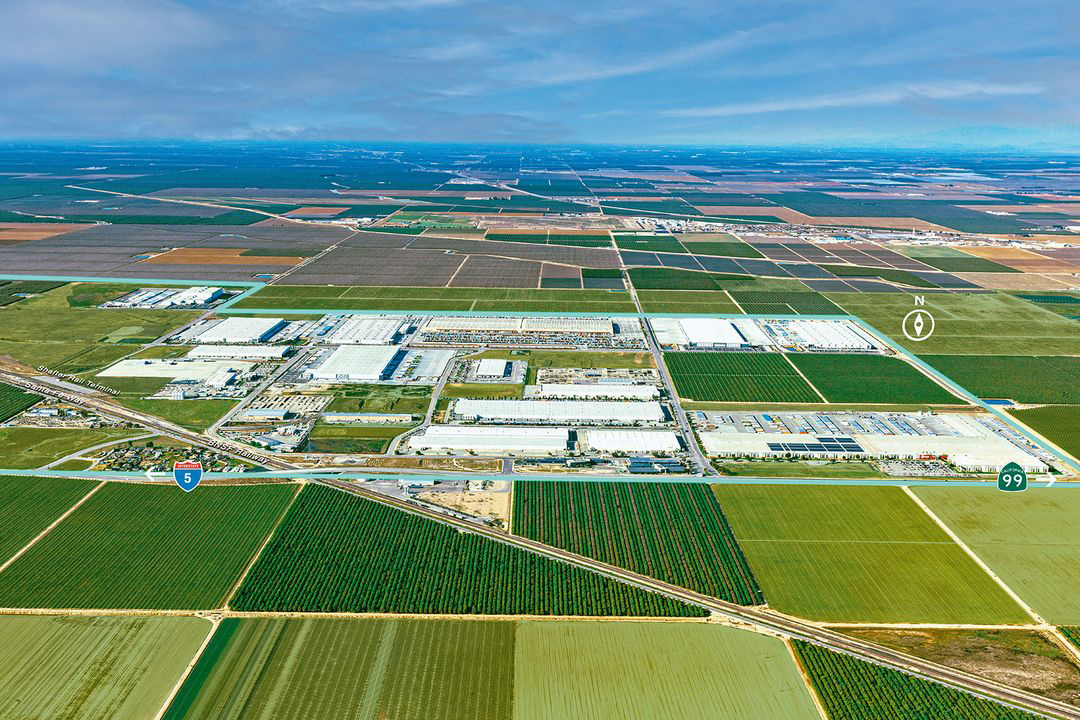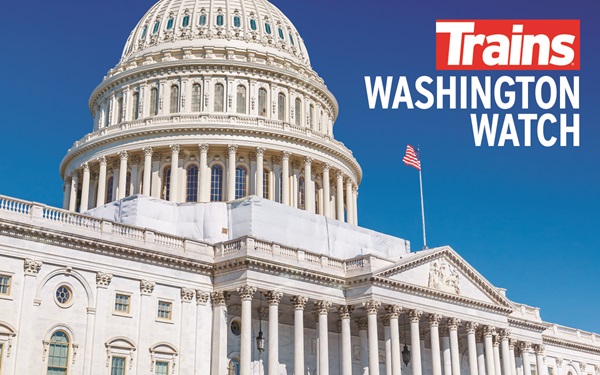DENVER — Facing a shortage of operators that has led to light rail and bus cancellations, the Denver-area Regional Transportation District is asking the public what it should do in response.
The RTD on Monday began a campaign to gather public comments on a proposal to temporarily reduce service in light of its ongoing labor shortage. [See “Denver RTD faces light rail, bus cuts because of lack of operators,” Trains News Wire, Oct. 21, 2019.] It asks participants to watch a video on the subject, and will hold a telephone town hall meeting on the subject on Wednesday, will be asking riders to fill out surveys at some bus and light rail stations Nov. 11-14, is offering an online survey at the RTD website, and is soliciting comment on its social media platforms.
The public comment period will continue through Nov. 17, with results to be presented to the RTD board of directors on Nov. 21.















RTD has been aggressively advertising job opportunities, with ads on buses and trains, banners at major stations, and online ads. They are offering what seems to me is very good pay, for bus and train operators: $19.98-$25.31 per hour (national average is $16.61), $2000 signing bonus, full benefits, and paid training (to get a CDL class BP2). The problem is that RTD is in a bit of a death spiral, where new drivers are being burned out with forced overtime, causing trainees to bail out and new hires to quit. I frequently see new drivers being trained while riding (training trains and buses out on the system), but few of them actually stay long enough for RTD to get the workforce up to sufficient levels. Denver also has a very competitive job market (weed isn’t the only reason everyone is moving here), and driving a bus isn’t exactly glamorous
It wonders me how much they’re paying in that labor market. None of the reports have addressed whether RTD pays competitive wages.
Duh, hire more operators. Rather than waste time stewing about what to do, a plan to train and hire new personnel should have been initiated long ago. Is there something else wrong?
Regardless of one’s position on the use of some substances, what is allowed is controlled by the money and money sources. The money for a number of the projects and their operations comes from the Federal government. One of the strings that come with most Federal money is compliance with lots of Federal regulations for health, safety, non-discrimination, and drug use (and abuse) as well as a bunch of other stuff. Therefore, some employers cannot permit employees to violate the regulations.
Gerald,
There is no room in the work force for dopers. Not at work, not on personal time. In my state dope is illegal. Some Democrats (who I surely didn’t vote for) want to change that. Fortunately both the state senate and the state assembly are in Republican control.
FYI I had an office job. I was tested. I passed. Those (very few who didn’t) they were gone. Good riddance.
No, Gerald. Employees don’t need to change their policies because the American work force is corrupt. The American work force needs to clean up its act. Or else we can import other workers from India or China or Africa who will adhere to the rules.
Best,
CNL
Ted and Charles,
Businesses are going to have to start looking at what they prohibit employees to do in their personal time. Some jobs however it doesn’t matter, such as driving a bus, operating light rail vehicles or other transportation services, just like in construction…the minor impairment you get from using weed precludes you from doing those jobs because it puts other peoples lives at risk. Other jobs, like office work or sales, not so much and if these businesses want to maintain a full workforce they’re going to have to change their policies.
Anyone who minimizes the impact of legal weed on the employment situation, has their head in the sand ! !Just talk to HR/ small business owners an you will get the same refrain——– “can’t find anyone to work because “they can’t pee in the bottle”. And these are states where “weed” in NOT legal. In the county, where I live in FL the are SHORT 300 school bus drivers!
BRANDON – The pro-Trump people who claim we’re in a full-employment economy may be right. If that is so and if it remains so, then wages and benefits will need to rise.
As for weed that you mention (legal in Colorado and several other states) we’re going to be moving into a two-tier labor market: weed users ineligible for many jobs; nonusers who will get those jobs. Even in the most pro-weed jurisdictions it remains legal for employers refuse to hire or retain.
Before I retired, my place of employment was drug-tested. Almost all of us passed. The very small handful that didn’t made their own bed and got to lie in it.